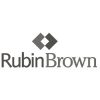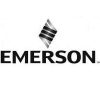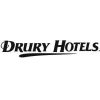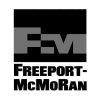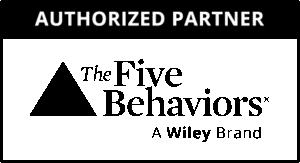Let’s turn the page to another installment of our Q4 Leadership Library, where our consultants review leadership books. This month, Vice President of Organizational Consulting Dr. David Rowan reads The Surprising Science of Meetings by Steven Rogelberg.

The Surprising Science of Meetings: How You Can Lead Your Team to Peak Performance
In a way, meetings are like food. Too little, and we are starved for the information and collaboration we need to accomplish our most important tasks. Too much, and we feel stuffed with unnecessary details, exhausted by the time commitment — and sometimes ready for a nap. However, when a leader gets it right, we have just enough, and we feel informed, involved, and energized. One hallmark of Q4 leadership behavior is planning and facilitating great meetings that fuel engagement and productivity for individuals, teams, and organizations. Steven G. Rogelberg is a master chef when it comes to getting meetings right. With a Ph.D. in organizational science, he has devoted his career to understanding the ideal recipe for meetings, from large to small, that will feed business success. In his latest book, The Surprising Science of Meetings, he provides real-world advice, backed by data, so that you can become an expert as well. The book is a quick read, peppered with enough stories to keep the reader interested, and, chock-full of practical ideas you can put to use right away. Additionally, the suggestions he advocates are in line with Q4 leadership. When you balance a results-orientation with thoughtful consideration for each member of the team, you produce value and get superior outcomes. PRO TIP: If you don’t have time to read every page, Rogelberg provides a summary with key takeaways at the end of each chapter. Additionally, the appendix contains all of the meeting improvement tools mentioned throughout the book.The Meeting Challenge
Rogelberg notes that while meetings are sometimes the best option, they can also be tremendously costly. He cites an estimate that as much as $250 billion annually is wasted in the US alone due to bad meetings. Because meetings are often viewed as “a cultural cost of doing business,” many leaders resign themselves to spending countless hours attending poorly planned and inefficiently executed meetings. You have likely experienced many of the meeting mistakes Rogelberg identifies. Here are a few of the most frustrating examples.- Poor time management, such as the Q3 behavior of getting caught-up in idle social chatter.
- Getting stuck in bad habits, such as the Q2 behavior of holding unnecessary meetings because, “we always meet on Wednesdays at 2.”
- Allowing one person to dominate the meeting, such as the Q1 behavior of monologuing without giving anyone else the chance to chime-in.
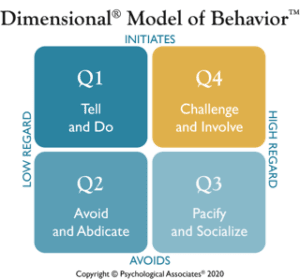
A Formula for Great Meetings
For each problem he identifies, Rogelberg offers several solutions. Some may appear obvious; others, less so. But, no matter your current level of expertise, you’re likely to learn at least one new approach to improve your meeting leadership. Three of his suggestions struct me as having the most potential for positive impact right away, and, are clearly Q4 leadership in action.- First, create an agenda and share it 3 – 4 days prior to the meeting, including all of the following for each item.
- A brief summary of the issue
- Clarification of what is needed from the people attending (e.g. ideas, an action plan, a decision)
- Directions about what attendees need to do to prepare
- And finally, an estimate of the time needed to accomplish the task
- Second, thoughtfully invite the right people. Studies indicate that at gatherings larger than seven people conversations become splintered, people lose focus, and a small number of individuals can dominate. Limit your invitations to only the experts and decision makers you need. Remember to include people with different perspectives and problem-solving styles. Finally, for those not invited, keep them informed by sending out summary notes.
- Finally, get feedback on your meetings — and put it to use. As the adage says, “you only change what you measure.” So, start measuring the effectiveness of your meetings by asking a few brief questions of the participants. Rogelberg provides a number of helpful prompts you can use, or, you can create your own. The key is to keep your questions brief, ask them right away, thank people for their feedback, and utilize their input to improve.




